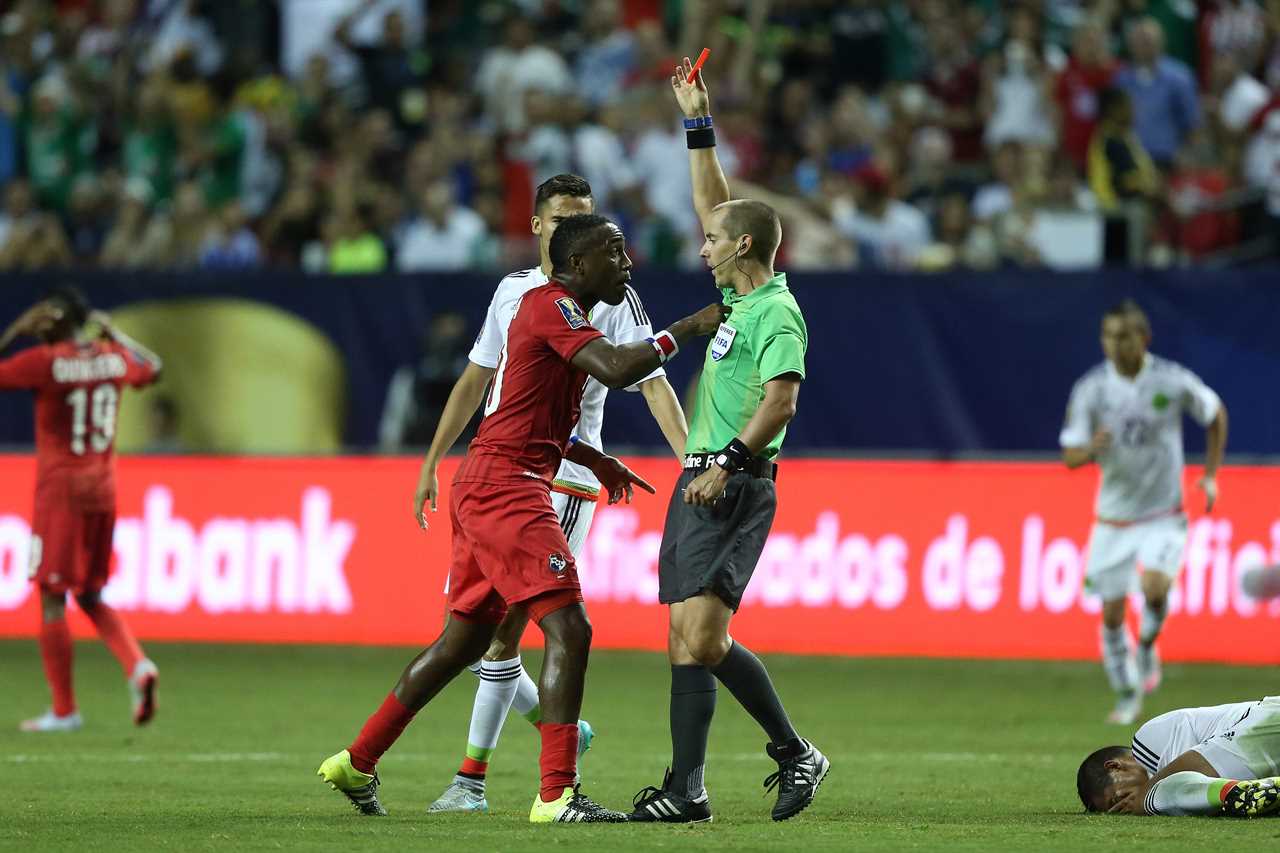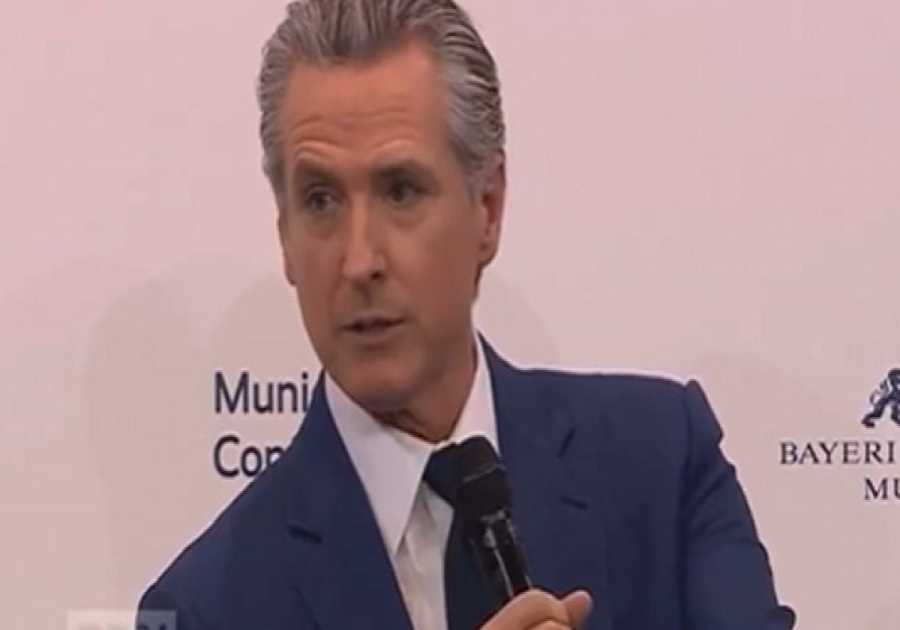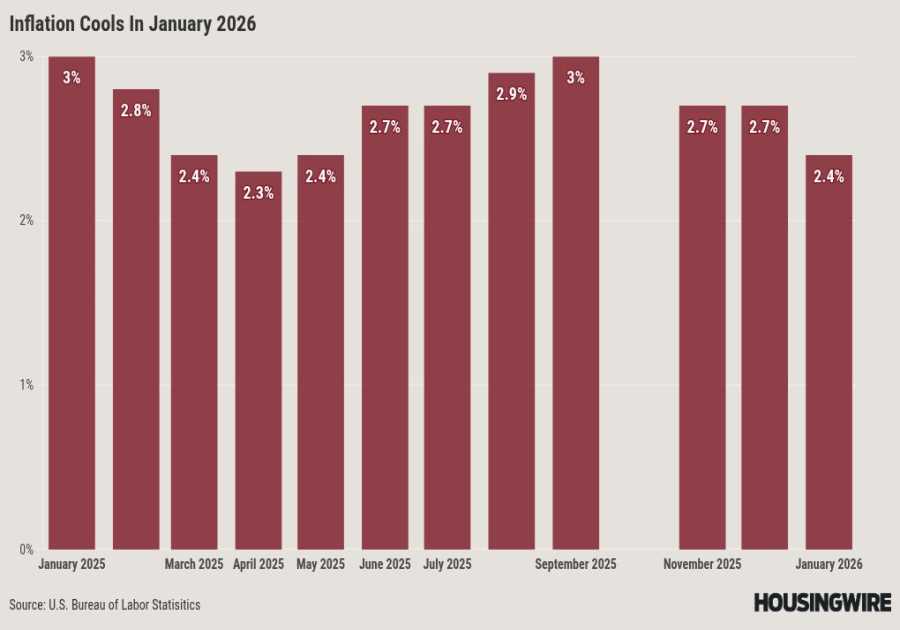
Getty Images
- Mark Geiger is a former math teacher turned soccer referee who's presided over World Cup games.
- He reflects on difficult decisions and the experience of making calls in front of huge crowds.
- He's training referees on the controversial VAR system that "makes the game as fair as possible."
This as-told-to essay is based on a transcribed conversation with Mark Geiger, a 48-year-old referees' instructor who is at the 2022 men's soccer World Cup in Qatar. It has been edited for length and clarity.
I was 13 when I took my first refereeing course in 1988. Doing under-eight matches back then, I never expected I'd be going to a World Cup.
Getting started can be difficult. You can have parents and coaches yelling and giving you nonsense. You need to develop a thick skin and understand that soccer is a very passionate but great game to be a part of.
I started moving up the ranks, got my state referee badge and was doing amateur soccer. I got my national badge in 2003 and worked in Major League Soccer as a referee from 2004 to 2018. I'm a two-time MLS Referee of the Year. Since 2018, I've been the director of senior match referees, basically overseeing the MLS referees, assistant referees and video match officials.
I spent 17 years as a math teacher
I taught at Lacey Township High School in New Jersey, then I'd hop on a plane Friday afternoon, do my match, come back on Sunday and start the process all over again.
I hung the flags of the countries that football brought me to in the classroom, places like Guyana and all through Central America.
I enjoyed it, but didn't realize how tired I was until I stopped teaching to referee full-time. It's pretty demanding physically. In a match, you can run seven to eight miles. I would nap on game day. I had a school system which worked with me a lot, taking time off when I needed for particular matches that might be during the week.
This wasn't going to work anymore.
I was really tired during the week and only referee on the weekends. I resigned from teaching to focus 100% on refereeing when the professional referees' organization came about in 2013, and we started having camps every two weeks in Dallas.
I love the challenge of refereeing
I was never going to be a professional athlete or even a good player, but to be on the field with big-name players, when everyone's cheering and waving their country's flag, is the biggest adrenaline rush.
I was nominated to the FIFA's panel of referees in 2008, and was a referee for them until 2018. The two World Cups I did defined who I was as a referee. Getting to be selected was a three-year process of sweat, tears and pain, a series of tournaments and seminars, evaluations on the practice pitch, in the classroom and games themselves.
Before my very first World Cup match in Brazil in 2014, I asked myself: am I ready for this?
I started to question whether I got there by chance. As I walked out onto the field, my body's reaction to the overwhelming sense of emotion was laughter. Once I blew the whistle, it was just another game, what I'd been training for years.
An excellent referee needs to understand the game, what's a foul, a yellow or red card, a penalty. Anticipate what's going to happen and be able to see where to go on the field.
We have to be able to manage people: there are 22 individuals on the field, all with different personalities and approaches. If we can get behavior modification and get players focused on the game without going to yellow or red cards, the job is done. The referee doesn't want to be the center of attention and will do a lot of unseen work, talking to players.
There's always that little bit of nervousness going into each World Cup match because of the stage and the millions of people watching. You don't want to miss that critical decision.
Referees are going to make mistakes, just like players and coaches do
I've certainly had my fair share. You hope that they're not game-critical in the end, but some are. You lose sleep over it and it takes a bit of time to get your confidence back.
England against Colombia at the 2018 World Cup was a very big match for me. And there are ones that stick out for negative reasons, like Panama versus Mexico in the Gold Cup in 2015. Decisions that I made on the field had consequences. It took a lot of time to rebound from that one.
I encourage referees to stay off social media. It's just going to ruin your life. People will only go on there to say how bad or disruptive the referee was.
I've been working to help train the video-assistant referees, known as VARs, at the 2022 World Cup
VARs watch TV replays to review decisions at the referee's request. VAR is our safety net in the situation of game-critical errors. It's there to look at the footage and correct mistakes to ensure there's match integrity.
There is a VAR who watches live play on one monitor and a quad-split monitor, which has the best four camera angles for a situation on a three-second delay. That VAR will be able to look at the situation again.
There's an assistant VAR next to the VAR, so that someone is still watching live play in that scenario. There's also an offside VAR and a replay operator, who has over 36 available camera angles.
I absolutely believe VAR is good for soccer. From somebody who has made errors pre-VAR, having it could have had a year of my confidence back. It lets referees know that they got it correct in the end.
It's important to the game and making it as fair as possible – and it's not going away too. It's become part of the culture, which is fantastic.
Read More
By: [email protected] (Andy McGrath)
Title: I've refereed World Cup soccer games. You have to avoid social media or it will ruin your life.
Sourced From: www.businessinsider.com/soccer-referee-var-decisions-msl-football-world-cup-qatar-2022-11
Published Date: Sat, 19 Nov 2022 09:25:55 +0000
.png)





